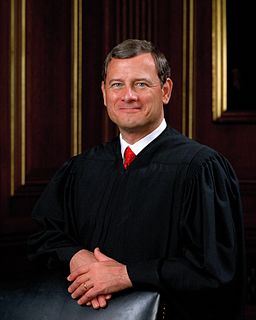A Quote by Leo Tolstoy
He looked at her as a man might look at a faded flower he had plucked, in which it was difficult for him to trace the beauty that had made him pick and so destroy it
Related Quotes
He looked at her as a man looks at a faded flower he has gathered, with difficulty recognizing in it the beauty for which he picked and ruined it. And in spite of this he felt that then, when his love was stronger, he could, if he had greatly wished it, have torn that love out of his heart; but now when as at that moment it seemed to him he felt no love for her, he knew that what bound him to her could not be broken.
No thoughtful man ever came to the end of his life, and had time and a little space of calm from which to look back upon it, who did not know and acknowledge that it was what he had done unselfishly and for others, and nothing else, that satisfied him in the retrospect, and made him feel that he had played the man.
Before she realized he was next to her, he had placed his hands over hers on the countertop, then hooped his fingers through hers. Gretel looked up at him, so startled she might as well have been shot. 'I just wanted to wake you up', he said. Which is exactly what he did. One look at him and her heart was racing. One look, and whatever had been before was all over.
...the only thing that had tethered her to the earth had been him and it was strange, but she felt welded to him on some core level now. He had seen her at her absolute worst, at her weakest and most insane, and he hadn't looked away. He hadn't judged and he hadn't been burned. It was as if in the heat of her meltdown they had melted together. This was more than emotion. It was a matter of soul.
She forgot to be shy at the moment, in honestly warning him away from the sunken wreck he had a dream of raising; and looked at him with eyes which assuredly, in association with her patient face, her fragile figure, her spare dress, and the wind and rain, did not turn him from his purpose of helping her.
[God] arranged that the boy Samuel should be chosen but instead of teaching him directly He had him turn once or twice to an old man. This youngster, to whom He had granted a direct encounter with Himself, had nevertheless to go for instruction to someone who had offended God, and all because that person was an old man. He decided that Samuel was most worthy of a high calling and yet He made him submit to the guidance of an old man so that once summoned to a divine ministry he might learn humility and might himself become for all the young a model of deference.
She had time to make room for him in her closet. The cat had time to get used to him. They had all the time they needed, because he'd told her he was hers, and he was a man of his word. "I've got all I need," she told him. He leaned down and kissed her again, then stroked a finger over her temple, tucking a loose strand of hair behind her ear. "I want you to know," he said. "That you're the best choice I ever made." "No regrets?" "No regrets.
Days and nights passed over this despair of flesh, but one morning he awoke, looked (with calm now) at the blurred things that lay about him, and felt, inexplicably, the way one might feel upon recognizing a melody or a voice, that all this had happened to him before and that he had faced it with fear but also with joy and hopefulness and curiosity. Then he descended into his memory, which seemed to him endless, and managed to draw up from that vertigo the lost remembrance that gleamed like a coin in the rain - perhaps because he had never really looked at it except (perhaps) in a dream.
This person had arrived, he had illuminated her, he had ensorcelled her with notions of miracle and beauty, he had both understood and misunderstood her, he had married her, he had broken her heart, he had looked upon her with those sad and hopeless eyes, he had accepted his banishment, and now he was gone. What a stark and stunning thing was life- that such a cataclysm can enter and depart so quickly, and leave such wreckage behind!
Deep inside her (ih her harrowed soul) she felt a glowing ember of fury at the man responsible for this. Tha man who had put her in this position. She looked at the pistol lying beside the basin, and knew that if he were here, she would use it on him without a moment's hesitation. Knowing that made her feel confused about herself. It also made her feel a little stronger.




































